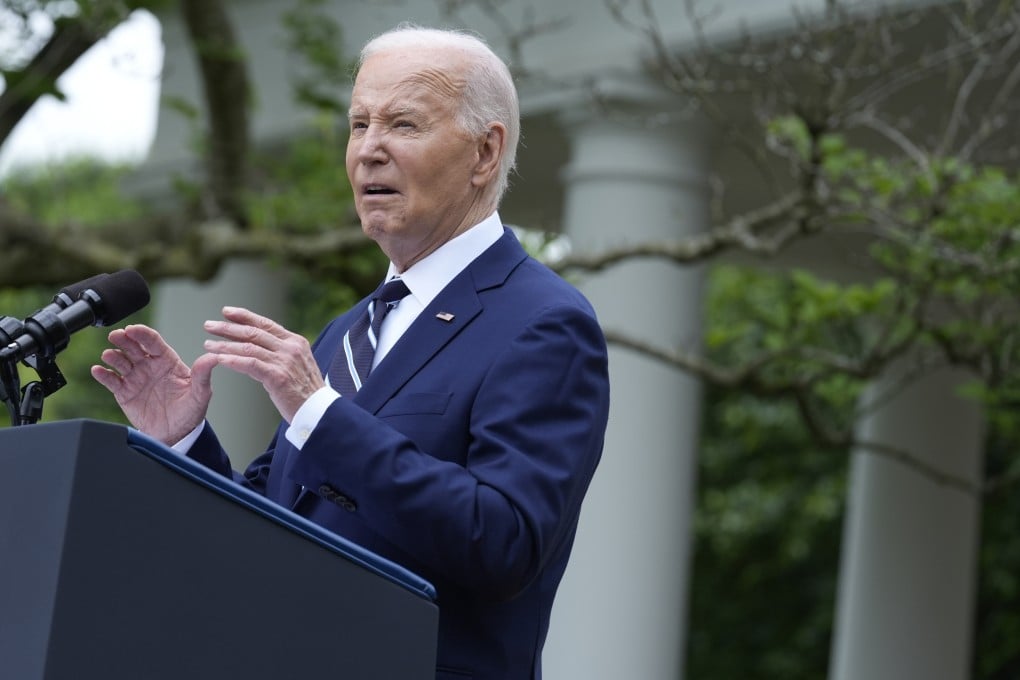Advertisement
Opinion | New US trade salvo at China shows an emotional West playing with fire
- Those who curb real trade and expand financial sanctions don’t seem to understand the likeliness of a destructive outcome for all. The West is wrecking the foundations of its prosperity
Reading Time:4 minutes
Why you can trust SCMP
15

The United States has struck another blow at free trade. This week, US President Joe Biden announced wide-ranging tariff increases, including to 100 per cent for Chinese electric vehicles, 50 per cent for semiconductors and solar cells, and 25 per cent for certain batteries, gloves, and steel and aluminium products.
Advertisement
This comes after US Treasury Secretary Janet Yellen decried China’s “overcapacity” during her visit to the country last month. It feels like any state that dares to challenge Western dominance in any field can expect to face a barrage of weaponised tariffs and other containment measures.
In April, the US passed a law forcing Chinese parent company ByteDance to divest itself of TikTok or face a ban on the app. The world waits for China’s next move in this tit-for-tat rivalry. In a year of US electioneering excesses, if either side loses its cool, we could be on our way to a nuclear war.
There are signs that the great powers are preparing for an unbound war, in which competition means a no-holds-barred retaliation against any move seen as an existential threat.
Despite the demonising of non-Western leaders, their behaviour is far more rational than the sabre-rattling rhetoric of their Western counterparts. A sober reading of the conflicts in the Middle East shows that it is the West that is being emotional, whereas the Middle Eastern countries excluding Israel are being rational and strategically patient despite the atrocities in Gaza.
Advertisement
If there was really jihad, the Middle East would be in flames, but largely governments in the region, including Iran, have shown remarkable restraint, knowing that any escalation in war would disrupt their quest for peace and prosperity.

Advertisement
